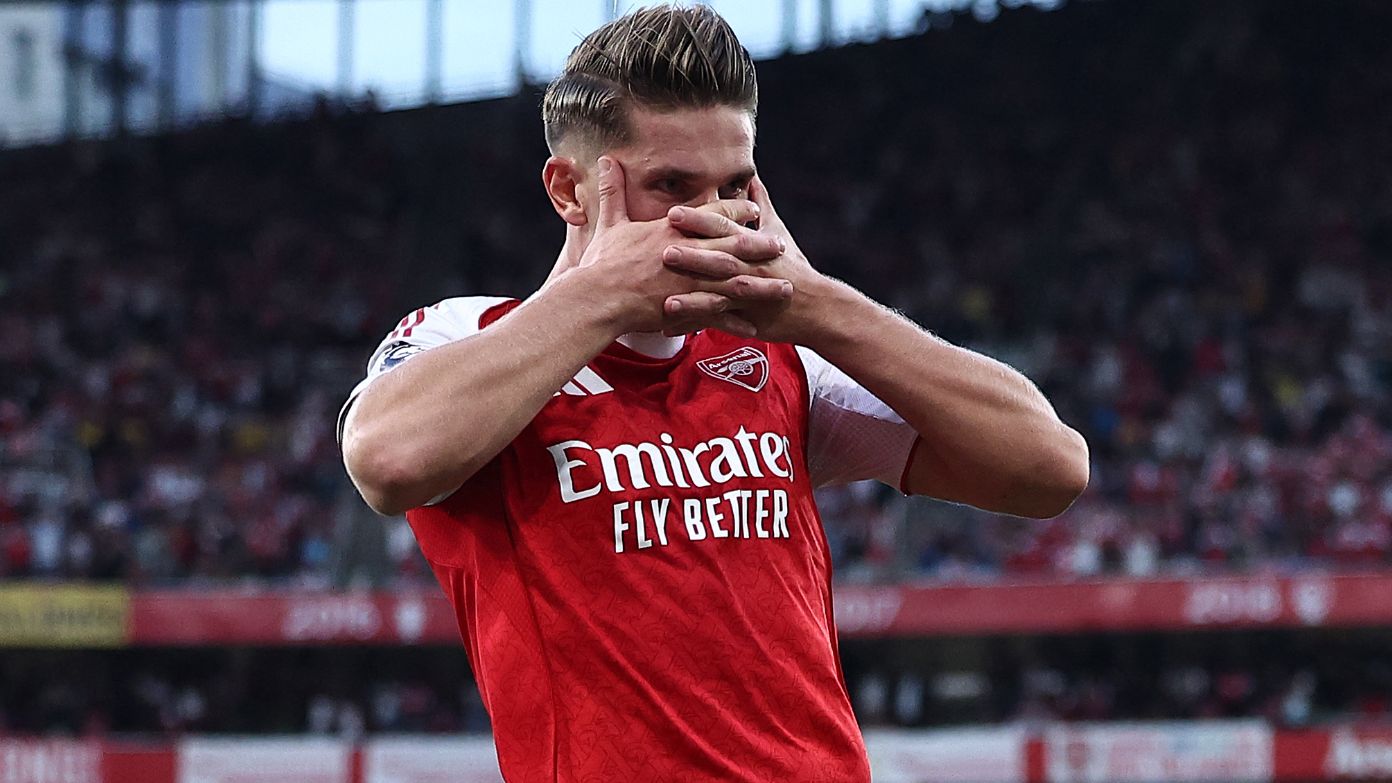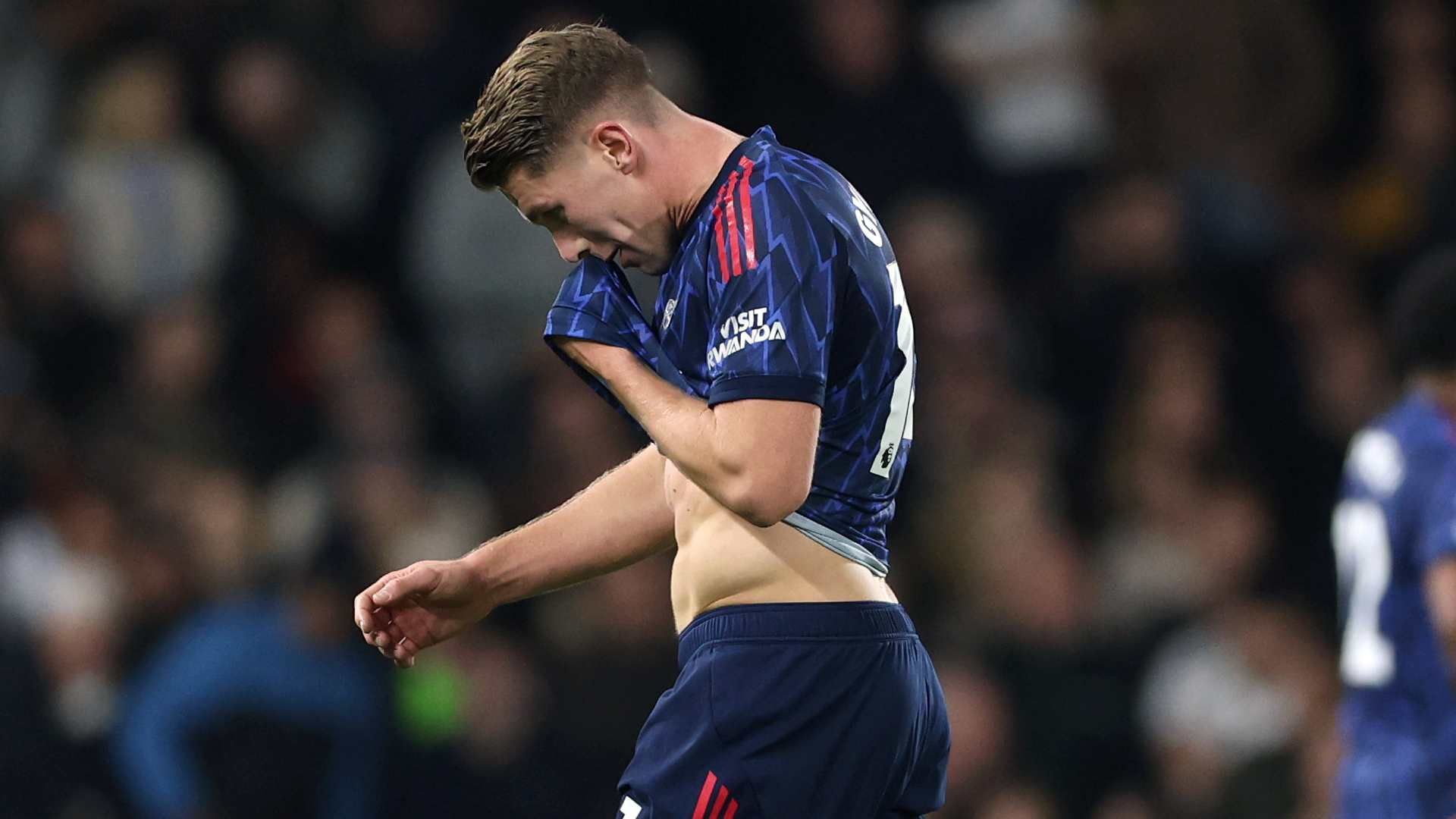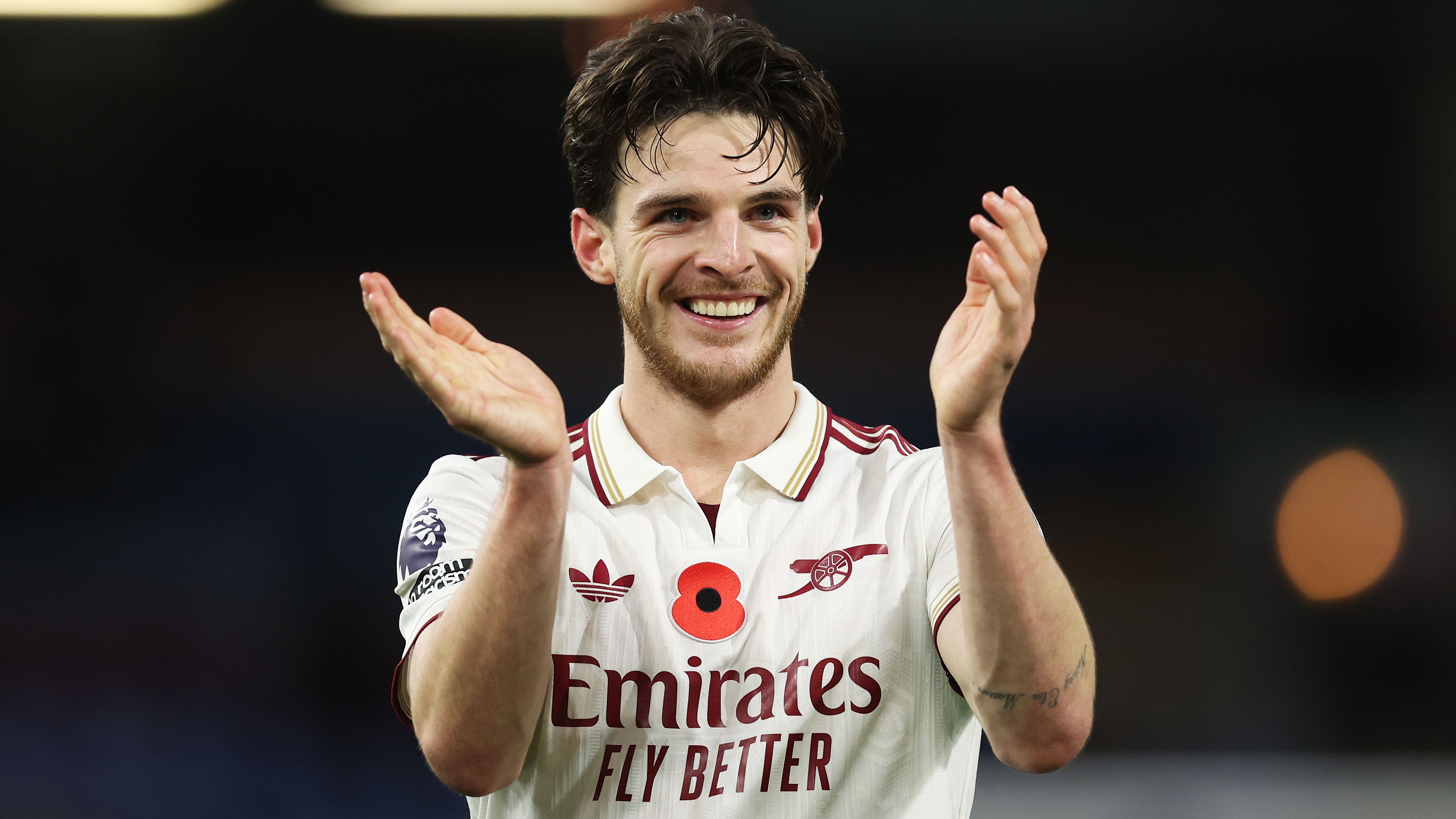


Arsenal’s Striker Crisis: How Injuries Are Testing Arteta’s Squad Depth
In the high-stakes world of Premier League football, Arsenal‘s latest challenges with player fitness are raising eyebrows, as the team navigates a tough stretch without their key forwards. Viktor Gyokeres, the Swedish talent who joined the Gunners, has quickly made his presence felt by netting six times in just 14 outings across various tournaments this year. While he hasn’t yet found the net against elite opponents in the domestic league, supporters are buzzing about his all-around contributions and smooth transition back to English football. Unfortunately, this promising run hit a snag when he was pulled at halftime in a solid 2-0 victory away from home, meaning he’ll sit out the next Champions League fixture as Arsenal aims to keep their flawless record intact in the Czech capital.
Viktor Gyokeres Injury Concerns and Arteta’s Anxieties
During his pre-match briefing for the journey to the Czech Republic, Arsenal’s manager Mikel Arteta opened up about his apprehensions regarding the 27-year-old attacker’s condition. In his words, “I am concerned because he hasn’t had many muscular issues, and he had to leave the pitch as he was feeling something. That is a concern for a player who is very explosive.” This revelation underscores the potential risks for a forward whose dynamic style depends heavily on speed and agility, potentially disrupting the team’s attacking rhythm.
Arsenal’s Forward Line Under Pressure
The North London outfit is facing a recurring predicament with their offensive options depleted, as Gyokeres joins Gabriel Jesus and Kai Havertz on the sidelines. This setback arrives at a critical juncture, with Arteta’s men striving to hold onto their commanding six-point advantage at the summit of the Premier League standings. Notably, the striker from his previous stints at Brighton and Coventry has rarely dealt with health setbacks, having sat out only five matches throughout his professional journey. However, this muscular problem could pose a significant threat to someone who thrives on rapid bursts, much like how Tottenham’s defender Micky van de Ven faced a devastating hamstring tear last year that hampered his explosive play. Arteta is undoubtedly crossing his fingers that Gyokeres’ issue won’t escalate to that level of severity.
Broader Squad Woes Beyond the Frontline
In addition to their striking dilemmas, Arsenal is contending with absences across multiple positions. Midfielder Martin Zubimendi experienced muscle tightness in the same game against Burnley and was replaced by Christian Norgaard after on-field medical attention. Even though Zubimendi will miss the Prague encounter due to a suspension from accumulating three yellow cards, his involvement in recent training is a hopeful indicator as the team prepares for their league clash with Sunderland.
Updates on Other Key Absentees
Winger Noni Madueke, acquired from Chelsea for a hefty £50 million in the transfer window, has been sidelined since September following a knee injury in a thrilling 1-1 stalemate with Manchester City. Fortunately, he sidestepped the need for surgery and is working hard to return, eyeing a spot in England’s national team during the next international window. Meanwhile, team skipper Martin Odegaard has battled through a challenging campaign marked by persistent shoulder troubles and a fresh knee setback from their 2-0 triumph over West Ham last month. Although he hasn’t played since, Arteta remains positive that Odegaard, alongside Havertz and Madueke, might be ready for the intense north London derby ahead.
Additional Challenges for Arsenal’s Defense and Wings
Compounding the issues, forward Gabriel Martinelli has been absent for the last two fixtures due to a thigh strain incurred late in their October win against Crystal Palace. This forces the club to rely on their reserves as they approach the holiday break, banking on a quick recovery for their main players during this pivotal phase of the title chase.
Arsenal’s Title Pursuit Amid Mounting Pressures
With every match carrying the weight of a championship decider this season, Arsenal is in hot pursuit of long-awaited trophies under Arteta’s guidance. They stand as prime candidates to claim the Premier League crown and hold strong positions in the Champions League. Yet, history shows that even the frontrunners can falter with a couple of mistakes, turning games like their upcoming visit to Sunderland into potential pitfalls that could jeopardize their ambitions.
Mikel Arteta’s Concerns Over Viktor Gyokeres’ Injury
Who is Viktor Gyokeres and His Role at Arsenal?
Viktor Gyokeres has emerged as one of the most talked-about strikers in European football, drawing attention from top clubs like Arsenal. The Swedish international, known for his explosive pace, clinical finishing, and ability to link up play, was linked with a move to the Gunners during the summer transfer window. Arsenal fans were excited about the prospect of Gyokeres bolstering their attacking line, especially after his impressive form at Sporting CP in the Primeira Liga.
Gyokeres’ potential signing was seen as a strategic move to enhance Arsenal’s Champions League campaigns, where they aim to compete for trophies. This season, injury concerns for key forwards like Gyokeres could disrupt team dynamics, as managers like Mikel Arteta rely on depth to navigate the demanding fixture schedule.
The Injury That Led to Gyokeres Missing the Champions League Fixture
In a recent Champions League match, Arsenal faced a setback when Viktor Gyokeres was ruled out due to an injury that had been building over the past few weeks. Reports suggest the striker picked up a hamstring issue during training, which forced Mikel Arteta to make last-minute changes to the lineup. Arteta, in his post-match comments, expressed genuine worry about the injury’s severity, emphasizing how such setbacks can affect a player’s confidence and the team’s overall strategy.
Injury concerns for strikers like Gyokeres are not uncommon in high-stakes competitions like the Champions League, where the physical demands are intense. Arteta highlighted that Gyokeres had been dealing with minor niggles earlier in the season, but this particular injury-potentially a grade-one strain-meant he couldn’t risk playing. Fans and analysts have noted that Arsenal’s medical team is closely monitoring his recovery, with estimates pointing to a possible two-to-four-week absence, depending on rehabilitation progress.
How Mikel Arteta Has Addressed the Situation
Mikel Arteta, Arsenal’s manager, has been vocal about injury management, often stressing the importance of player welfare in modern football. In a press conference following the missed Champions League fixture, Arteta shared his thoughts on Gyokeres, saying, “We’re really concerned about Viktor’s injury; it’s not just about the game we lost, but about getting him back to full fitness safely.” This statement underscores Arteta’s proactive approach to handling Arsenal striker injuries, focusing on long-term health over short-term gains.
Arteta’s comments reflect a broader trend in the Premier League, where managers prioritize injury prevention through tailored training programs. For instance:
- Personalized Recovery Plans: Arsenal has invested in sports science to create customized rehab routines, which could include physiotherapy and strength training to address Gyokeres’ hamstring problem.
- Team Communication: Arteta emphasized open discussions with players, ensuring that stars like Gyokeres feel supported during recovery.
- Fixture Management: With Arsenal’s packed schedule, Arteta might rotate squad members to cover for Gyokeres, potentially giving opportunities to other forwards like Gabriel Jesus or Kai Havertz.
This level of transparency from Arteta not only keeps fans informed but also builds trust, making Arsenal’s approach to injury concerns a model for other clubs.
The Potential Impact on Arsenal’s Champions League Campaign
Losing a key player like Gyokeres raises significant injury concerns for Arsenal’s Champions League aspirations. The team, under Arteta’s guidance, has been pushing for a deep run in the tournament, and a striker’s absence could disrupt their attacking fluidity. For example, in the fixture Gyokeres missed, Arsenal struggled to convert chances, highlighting how his goal-scoring prowess-evident from his 20+ goals in domestic leagues-plays a pivotal role.
Here’s a quick breakdown of how this injury might affect the team:
- Short-Term Effects: Arsenal may need to rely on alternative tactics, such as quicker counter-attacks or wider formations, to compensate for Gyokeres’ absence in upcoming Champions League and Premier League matches.
- Long-Term Strategy: If the injury lingers, it could influence Arsenal’s transfer plans, prompting Arteta to scout for backup strikers who can handle the demands of top-tier European football.
- Fan and Media Reactions: Supporters have taken to social media to discuss Gyokeres’ injury concerns, with many hoping for a swift return to see him link up with stars like Bukayo Saka for dynamic attacking plays.
Injury concerns like these often lead to squad depth evaluations, and Arteta has hinted at using this as an opportunity to test younger talents, keeping the team’s momentum in the Champions League.
What This Means for Arsenal’s Future Fixtures and Player Management
Looking ahead, Arsenal fans are eager to see how Arteta navigates injury concerns for players like Gyokeres amid a grueling schedule. The manager’s experience with similar situations-such as past injuries to players like Thomas Partey-suggests he’ll adapt by focusing on defensive solidity while the attack rebuilds. Experts predict that Gyokeres could return for key fixtures, but only if Arsenal’s medical staff ensures he’s fully recovered to avoid re-injury risks.
Arteta’s handling of this scenario exemplifies best practices in player management, blending empathy with tactical nous. By prioritizing Gyokeres’ health, he’s setting a standard for how Champions League teams can maintain competitiveness despite setbacks. This approach not only aids in player retention but also enhances Arsenal’s appeal in the transfer market for top strikers.
With ongoing developments in sports medicine, innovations like advanced scanning and AI-driven recovery programs could help mitigate future injury concerns, ensuring players like Gyokeres stay on the pitch longer.
Key Takeaways on Injury Prevention in Football
To wrap up the discussion on Gyokeres’ situation, it’s worth noting some proactive steps teams like Arsenal take:
- Training Modifications: Incorporating more rest days and low-impact sessions to prevent hamstring injuries.
- Nutritional Support: Ensuring players maintain optimal diets to support muscle recovery.
- Monitoring Technology: Using wearables to track player biometrics and flag potential issues early.
These elements are crucial for managers like Arteta as they balance ambition with athlete safety in the Champions League arena.









